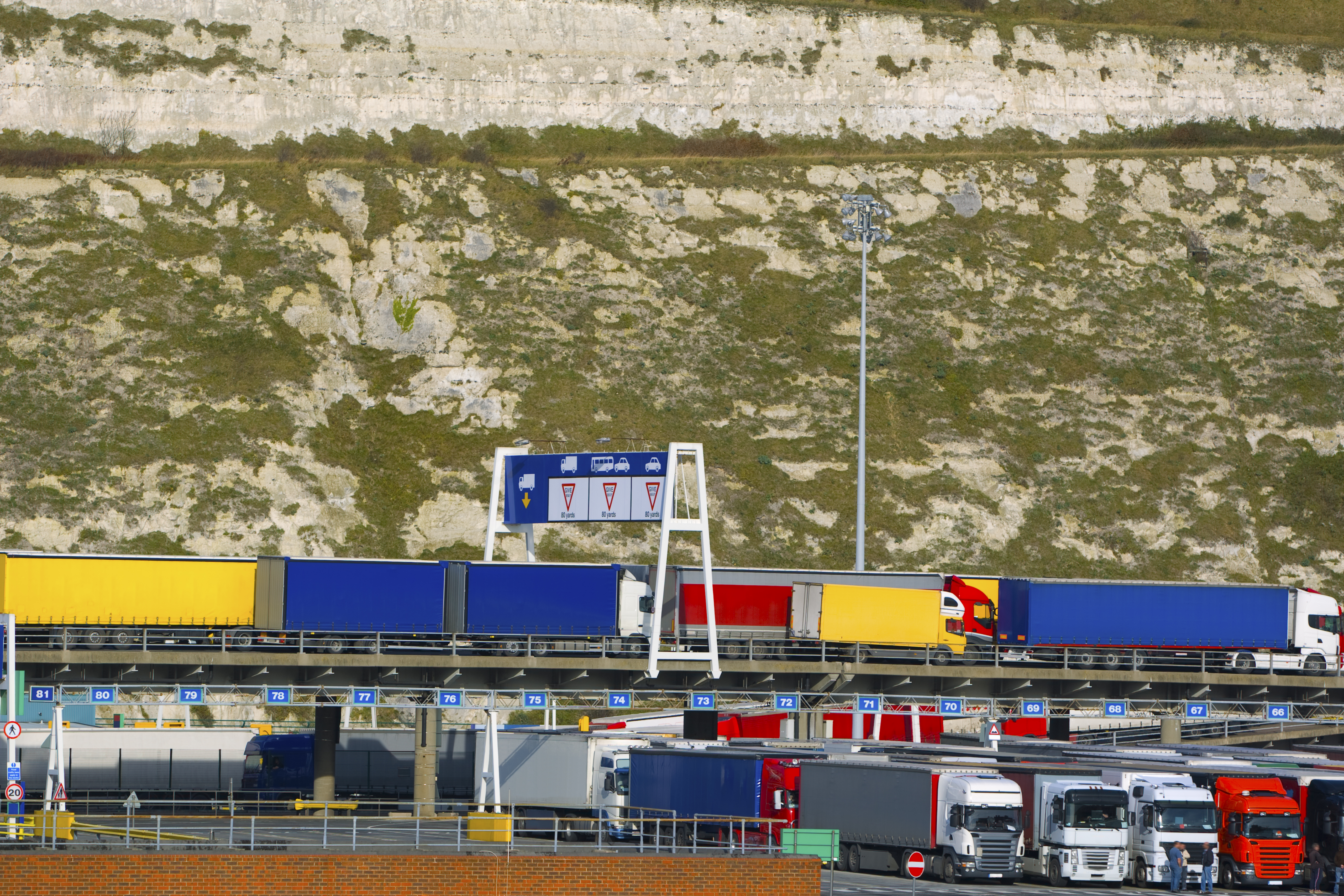Last week, a recent and closely watched survey revealed that nearly half of all surveyed factories experienced supply chain delays in previous weeks due to congestion at UK ports. First reported at Felixstowe, this congestion was originally thought to be a result of the large swells of PPE deliveries meant for healthcare workers and first responders. Two months later, those familiar with the matter argue that the uncertainty of Brexit laws has prevented business as usual at the ports. Starting in 2021, UK imports will undergo additional customs checks and tariffs. To prepare for complications in this new process, some ports may have begun stockpiling shipments, which means less space on the docks to accept and unload shipments.
Effects on UK Business and Insurance Claims
As businesses already struggle to resume operations after shutdowns caused by the COVID-19 pandemic, backups at ports have further elongated delivery and production timelines. Primarily, these extended timelines will cause slowdowns for UK businesses and individuals, but the insurance industry isn’t immune from the ramifications of port delays.
First, delays in shipment times will likely mean delays in auto repair times. People may begin to see extended credit hire periods because of the delayed shipments of car parts needed to repair an individual’s vehicle. In addition to making repairs more complicated, claims might be left open for longer due to the fact that auto repair shops can’t receive the parts necessary to fix the car on the claim. While these claims remain open, booking dates could be prolonged if the correct parts cannot be secured. While this situation may be ideal for the Credit Hire Organisations that pay the cost of the insured driver’s rental car upfront, increased rental car periods also mean higher costs to the insurer, who pays the CHO after the fault of the claim is determined.
Because ports are stockpiling resources due to Brexit-related uncertainty, this congestion does not bode well for pricing stability in the coming months, either. Costs for parts may go up due to the increased complications involved with shipping them, as well as growing demand. For businesses already operating within tight margins, port delays could snuff out what little profits were left. Some businesses might face closure in the face of these supply-chain complications.
At the crux of the issue, all customers who have ordered goods or raw materials will likely not have their needs met within the usual efficient timeframe. Customer service workers may find themselves repeating the same sentence with clients—about how port congestion is the ultimate cause of delays.
How UK Businesses Can Safeguard Against Uncertainty
To mitigate the detrimental impacts of a major and sustained supply chain disruption, businesses large and small can take a few key steps to minimise the disruption and prepare for uncertainty.
- Ensure that your business is prepared when your order does arrive.
- Consider your warehouse capacity and make sure you have adequate storage space for your order. If not, consider reorganising or discarding old inventory, or look for additional space to store your materials.
- Discuss these supply chain issues with manufacturers at the local level. Are any issues currently being experienced or expected in your area or around the country? And what does the wider stock level look like? There might be opportunities to collaborate if manufacturers are willing to trade parts.
- Communicate with your customers and be honest about how port congestion has affected shipments and repair times.
- Create a priority list for when your shipment finally arrives. Which projects or repairs are the most urgent and need to be resolved first? Your customers will appreciate an established process.
Although supply chain disruptions can’t be avoided, a business’s response to uncertainty and delays can help maintain strong customer relationships and result in a smoother transition to normal business operations.
Anticipating Effects on the Insurance Industry
Insurance carriers can and should prepare themselves to adapt to the scarcity of materials and parts following UK port congestion issues. Gallagher Bassett can provide practical advice to insurance carriers to address such concerns by taking a deep dive into current events and issues facing businesses and anticipating the ramifications of national or global events.




 Search
Search



